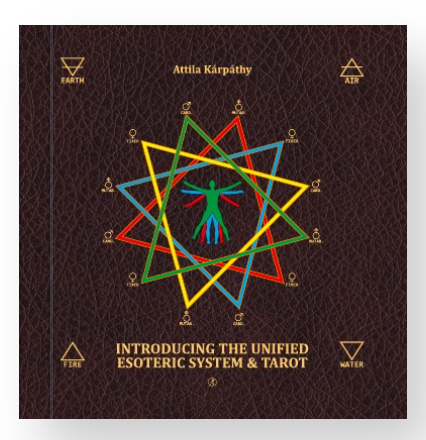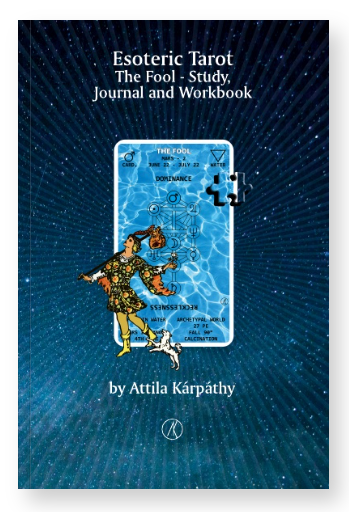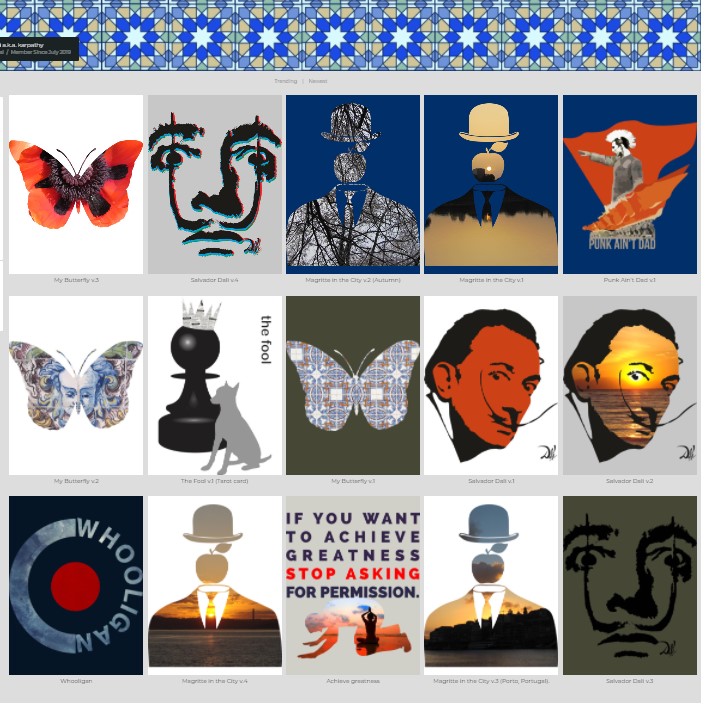The phrase “Thousand Points of Light” gained widespread recognition through its use by U.S. President George H. W. Bush, who adopted it as a key rhetorical symbol of volunteerism and civic participation. Though poetic in tone, the phrase carries a deeper cultural and political significance that echoes changing American values at the end of the twentieth century. Its origin, promotion, and interpretation provide an intriguing insight into the language of modern leadership and national identity.
The phrase was famously introduced during George H. W. Bush’s acceptance speech at the 1988 Republican National Convention, where he outlined his vision of a kinder, gentler America. He stated:
“I will keep America moving forward, always forward—for a better America, for an endless enduring dream and a thousand points of light.”
Bush elaborated on the metaphor in his 1989 inaugural address, describing the nation as being “a brilliant diversity spread like stars, like a thousand points of light in a broad and peaceful sky.” He used this imagery to emphasise the importance of grassroots volunteer efforts, community service, and civic responsibility, portraying them as individual sources of illumination in the fabric of American society.
Similar imagery appears in James Joyce’s Ulysses and other works where light signifies consciousness, individuality, or spiritual awakening. The specific phrase “a thousand points of light” was used earlier in literature and speeches, though without the lasting impact Bush’s usage achieved. The rhetorical approach reflects a broader tradition of American political language, employing poetic symbolism to motivate collective moral action. In this context, each “point of light” represents a citizen or organisation involved in service, forming a constellation of goodness and unity.
During his presidency, Donald Trump brought up the old “thousand points of light” slogan to criticise it:
“You know, all the rhetoric you see, and thousand points of light. Thousand points of light – what was that, anyway? Thousand points of light. What does that mean? Does anybody know? I know one thing. Make America great again, we understand.”
The first known instance of the phrase “a thousand points of light” appears in Arthur C. Clarke’s short story “Rescue Party,” initially published in Astounding Science-Fiction, May 1946:
“One entire wall of the control room was taken up by the screen, a great black rectangle that gave an impression of almost infinite depth. Three of Rugon’s slender control tentacles, useless for heavy work but incredibly swift at all manipulation, flickered over the selector dials, and the screen lit up with a thousand points of light.”
– Location 844, in “The Collected Stories of Arthur C. Clarke,” RosettaBooks, electronic edition (2016)
It was later found in William S. Burroughs’ “Lee’s Journals,” written between 1954 and 1957 and initially published in 1981:
“The sky over Vienna was a light, hard, china blue, and a cold spring wind whipped Martin’s loose gabardine topcoat around his thin body. He felt the ache of desire in his loins, like a toothache when the pain is light and different from any other pain. He turned a corner; the Danube stabbed his eyes with a thousand points of light, and he felt the full force of the wind and had to lean forward to maintain balance.”
— p. 77, in “Lee’s Journals”, Interzone (Penguin Books) (1989)
Paul Bruce Dickinson, born on August 7, 1958, is an English singer best known as the lead vocalist of the heavy metal band Iron Maiden. He has been part of the band during two periods: from 1981 to 1993 and from 1999 to the present. Dickinson started his music career in the 1970s, fronting small pub bands while attending school in Sheffield and university in London. In 1979, he joined the British new wave heavy metal band Samson, gaining some popularity under the stage name “Bruce Bruce” and recording two studio albums with them. In 1981, he left Samson to join Iron Maiden, replacing Paul Di’Anno, and made his debut on their 1982 album “The Number of the Beast.”
Balls to Picasso is the second solo album by Iron Maiden vocalist Bruce Dickinson, released in 1994. It is the first album in Dickinson’s solo career that was released after he had officially left Iron Maiden.
It’s probably the best solo album, and it has been re-released in 2025.
Dickinson says of it, “While mixing all my catalogue into Dolby Atmos, I had a nagging desire to revisit and reinvent the record. So putting more balls into ‘Balls…’ was a labour of love. Of course, we beefed up the guitars – courtesy of our ‘Swedish shredder’ Philip Naslund.”
Happy Birthday, Bruce!
“1000 Points Of Light” Bruce Dickinson (More Balls to Picasso)
“You can sail in the desert with a ship of fools
You can smuggle in Moses and his book of rules
But you can’t take a mother and give her back her son
What kind of freedom is bought with a gun?
People like to build their prison walls
When they’re afraid to look inside a
Thousand points of light
Are the muzzle flashes in the night
And the freedoms you profess to hold
Won’t bring the dead back from the cold
Political speaches they’re laying in the mud
Nothing else matters but money and blood
Tell me your freedom is do what you like
There’s a world gone crazy ’cause it can’t say no
People like to build their prison walls
When they’re afraid to look inside a
Thousand points of light
Are the muzzle flashes in the night
And the freedoms you profess to hold
Won’t bring the dead back from the cold
A thousand points of light
Are the muzzle flashes in the night
And the freedoms you profess to hold
Won’t bring the dead back from the cold
There should be time for love
But there’s too much room for hate
Too much sliding of the truth
Too much abuse of wasted youth
There’s a time for dying and a time for living too
Had enough of realise, had enough of your alibis
A thousand points of light…”
#ironmaiden #brucedickinson








